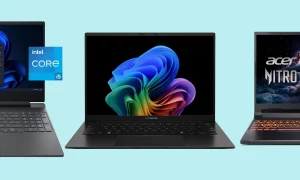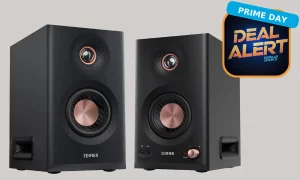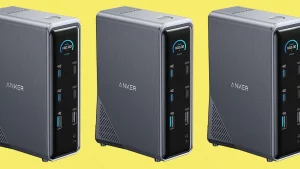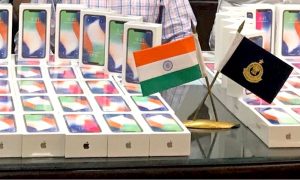Accessibility and communication apps take FCC honors
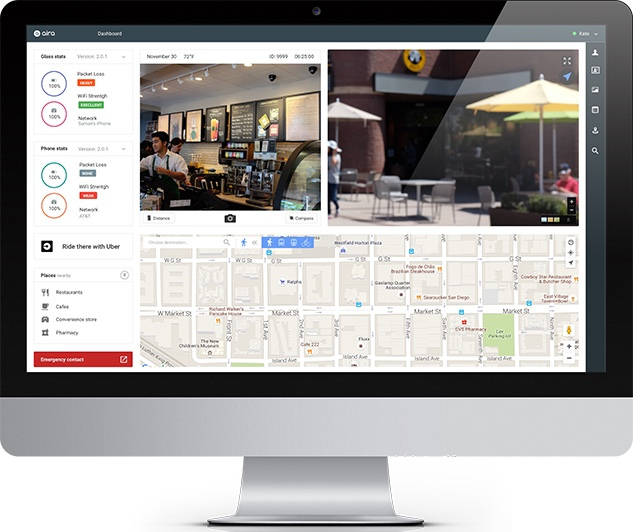
It may seem strange to see a headline with “FCC” in it that doesn’t concern net neutrality. But the Commission has a wide variety of responsibilities, among which is promoting and enabling tech that empowers people with disabilities to take advantage of the internet and its many services. Several companies creating such tech just got accolades from the FCC today.
“I’m grateful that the FCC can play a role in promoting life-enhancing breakthroughs and encouraging collaborations to fulfill the promise of accessible technologies for millions of Americans,” said Chairman Ajit Pai in a news release. The man may be wrong big time when it comes to net neutrality, but he does genuinely care about getting everyone connected.
There were 4 winners, announced at the accessibility-focused M-Enabling Summit:
- Ava, an app that connects to other phones in a multi-person conversation like a meeting, transcribing each speaker separately, allowing deaf and hearing-impaired people to follow along more easily.
- Automatic Alt Text on Facebook, which generates a description of images uploaded to the social network so visually-impaired people can browse them. Facebook also recently added closed captioning to its live videos — good work by the company on this front.
- Amazon VoiceView, a text-to-speech tool for Fire TV that describes menus, shows, and other aspects of the smart TV experience. Not honored but worth mentioning in this context are the array of Alexa-powered devices that, I understand, have been extremely helpful to the vision-impaired.
- It isn’t exactly tech, but the Integrated Described Video Best Practices Guide was created to standardize the ways in which Canadian film and TV producers (and others of course) could add scene descriptions to their scripts. Audio descriptions are becoming more common and having guidelines like these should make things easier on everyone.
And the two runners-up:
- Aira connects blind users to sighted agents who check out things like maps, GPS, and visual landmarks in the area (through the phone’s camera) to help guide them to their destination.
- Teach Access is an initiative to get developers to think about including accessibility features from the first. It’s aiming at undergraduates, presumably to get these ideas instilled before these people have their compassion squeezed out them by the corporate world.
Congratulations to the winners. Incidentally, it so happens that I wrote up an interesting accessibility company called Actiview today that might be under consideration for the FCC’s awards next year.




